
David Montero arrived from Spain on March 15. He was tested by Health personnel and they sent him to complete the quarantine order. Both his mother and grandmother suffer from diseases that would be aggravated by the virus, so he decided to quarantine alone, in a friend’s vacant apartment in El Coco de Sardinal, in the canton of Carrillo.
The night he arrived, even before he knew whether or not he had the virus, he noticed that two people were lurking outside, staring directly at his window. He also started receiving Facebook messages from unknown people:
“Dude, excuse me, but they say that you are here in Playas del Coco. That you are infected. The whole town has your picture.”
“People here in El Coco are going crazy. About 20 people have forwarded your photo to me, along with speculations that you carry the coronavirus. I am very sorry to have to write to you, but it would be good if that news is false, please clarify it.”
The messages started showing up after the Sardinal councilwoman at that time, Lilliana Rojas, recorded an audio and it started to sharing it throughout the community. According to Montero, that was the origin of the cyber bullying that he experienced.
In the audio, Rojas claimed that a boy came from Heredia in a small aircraft, that he had coronavirus and that he was in an apartment in Playas del Coco. She even commented that Montero was gay.
“Imagine what a problem, how fucking messed up for someone to do such a thing. So it seems that they are trying to see if I am allowed to disclose the photo of that man, he appears to be like a surfer or something, but he is also gay,” the councilwoman said in the audio.
Rojas assured to The Voice of Guanacaste that she sent the audio to a relative of hers. “I didn’t do it to alarm people (…) but that person [her relative] went and published it on a social media page here in Playas del Coco.” According to her, what worried her the most was that this new case would not comply with the quarantine order. “Not everyone has that capacity to respect other human beings,” she added.
Regarding her comment about Montero’s sexual orientation, she said that she was only sharing the information she had been told. “I can’t assure anything, but I was told everything I said.”
The following morning, Health notified Montero that he tested positive for COVID-19. He never knew how his diagnosis was leaked or how they knew the exact place he where he was staying. From his point of view, it is logical that people are afraid, because at that time it was a new virus of which very little was known. However, he is outraged by the ex-alterman comments and the homophobic burden he heard on the audio.
It is very unfortunate that anyone, but even more so one who is a public servant, share this type of message and wants to put the population at that level of tension,” he considers.
“I think that if you have any confidential information, you do not have to go to make an audio ‘what-so-what, who is a surfer, but is also …’ and it comes the other connotation that she gives to the audio” Montero says.
He is not the only COVID-19 patient harassed in Guanacaste. Another family residing in Santa Cruz lived the same when one of its members was diagnosed with COVID-19. In both cases, neighboring communities took photos of social media, shared them on Facebook groups and pages, wrote them or called them to make discriminatory comments and threaten to hit them.
The CCSS has also denounced the harassment experienced by people diagnosed with the new coronavirus. “They have reported being victims of social stigma from their community for being COVID-19 positive,” the entity said in a press release.
Watchers or inciters?
The fear of contracting the disease moves some communities to act in discriminatory ways. Unicef and World Health Organization (WHO) published a text in which they point out that social stigma is caused by the newness of the disease and the doubts it raises. “We are often afraid of the unknown,” says the article.
The CCSS also indicated that, due to this fear, people become “watchers of their environment and of others, and this causes derogatory behavior.”
In fact, El Coco ex-alderman, Lilliana Rojas, assures that what she wanted was to take care of her community and, even today, she does not regret what her audio caused.
If I had to do it again, and have to warn or say something, I’ll say it over and over again because we are here to protect our country,” she told La Voz de Guanacaste.
The health authorities of the world and the country have called on the population to show empathy for people sick with COVID-19, and to understand that they do not contract the virus on purpose.
But not all the population accepts the call or has the facility to understand it, which ends up generating constant stigmatization.
“I can’t put myself in anyone’s shoes because I don’t know him (…) Why would he feel bad if he knew he was infected? And if he is not gay, well, bless God, be whatever he wants to be, but I don’t have to put myself in his shoes because I’m not even trying to make someone feel bad,” added Rojas.
The UNICEF and WHO text also indicates that people who do not have the disease, but share characteristics with a stigmatized group, may also face discrimination.
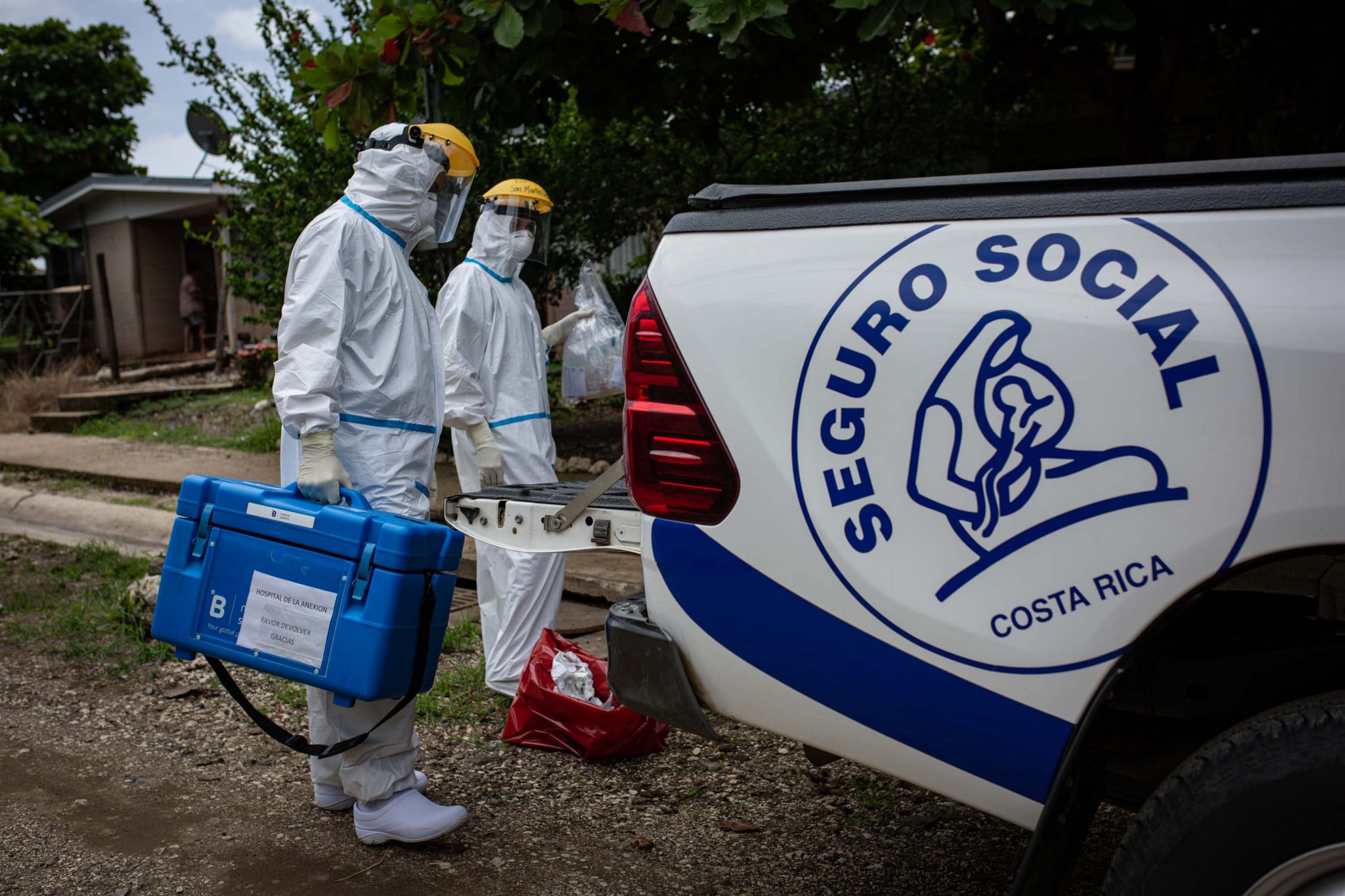
On Wednesday, June 24, 2020, The Voice of Guanacaste accompanied a CCSS team to take samples in Nicoya and noticed that some cars were following Health official vehicles to know where they were going. The institutional vehicle made additional turns to mislead the drivers, but once the team arrived at the houses to collect the samples, the neighbors began taking pictures and recording videos. Photo: César Arroyo Castro
That was what happened to Vivian Rodríguez’s family. Her grandmother has double nationality Costa Rican and Nicaraguan. She left to Nicaragua before the pandemic began in the country and she returned on May 3 to her home in Santa Cruz. She tested positive for COVID-19. The result coincided with the peak of cases in the north of the country, which both authorities and the population associated with Nicaraguans.
The family knew that residents of Santa Cruz took photos of the family from social networks, began to share them to identify them and threatened to lynch them.
“As a result of this, the people here in the town [of Santa Cruz] became too upset (…) there came a time when we had to go to Nicoya to do the shopping.” she said.
Along the border between Costa Rica and Nicaragua, communities used to interact effortlessly. What’s it like to live along the border now?
Due to the harassment, one of the woman’s children named Lucas, who has a physical disability, published a video on social media clarifying that they were complying with home isolation. “Here what we are concerned about is the type of criticism that people make of us on social media, discrimination for lack of my arm, for our nationality and because they say that we are undocumented persons, which is not true,” the boy said.
Several people in the family began receiving messages and calls. “Nica, what are you doing here, get out, we are going to kill you,” Rodríguez recalls what they were told.
It was a very painful period. Even at this point I feel that we have consequences, a great fear by all the discrimination we experience, that someone will become infected again ,” she said.
Security Minister Michael Soto assured at the press conference on May 27 that at that time he wanted to have a wall between Costa Rica and Nicaragua. That day, the Health Minister, Daniel Salas, also said that the situation in Nicaragua was one of the greatest risks to public health in Costa Rica.
As a result of the authorities’ concerns, social networks were loaded with more xenophobic comments from the population. That led deputy José María Villalta to express his concern in the Legislative Assembly on June 15.
“There is a pandemic that affects our country and humanity and that has affected us long before the arrival of the coronavirus. I am referring to the pandemic of hatred, discrimination, racism and xenophobia,” he said.
“It is very easy to want to look for the most vulnerable people in our country to blame. And that is what is happening in Costa Rica today, when one hears hate speech on social media, xenophobia towards the Nicaraguan population that is working in our country,” he added.
Union for strength
After David Montero was released, he returned to his family’s home in Heredia and started donating plasma for the treatment of sick people with COVID-19. So far, he has donated twice and now collaborates with the CCSS communication campaigns to invite more recovered people to donate.
The covid process is very complex for all patients: uncertainty, bullying, the family and the psychological part,” he says. “But I think it is very important that all recovered people, if they do not have pathologies, come to help others to get out of the disease.”
On June 3, the president of CCSS, Román Macaya, commented that four people had been treated with plasma. “There are four patients and it is still early to analyze statistics on the efficacy of the treatment, but the signs have been generally very positive,” he said.
Montero says it is his “social responsibility” to approach donating. Vivian Rodríguez emphasizes another way to collaborate: that the communities help and not judge or discriminate people with COVID-19. “In the end, you are not so afraid of the virus as you are of ignorance and persecution of people.”


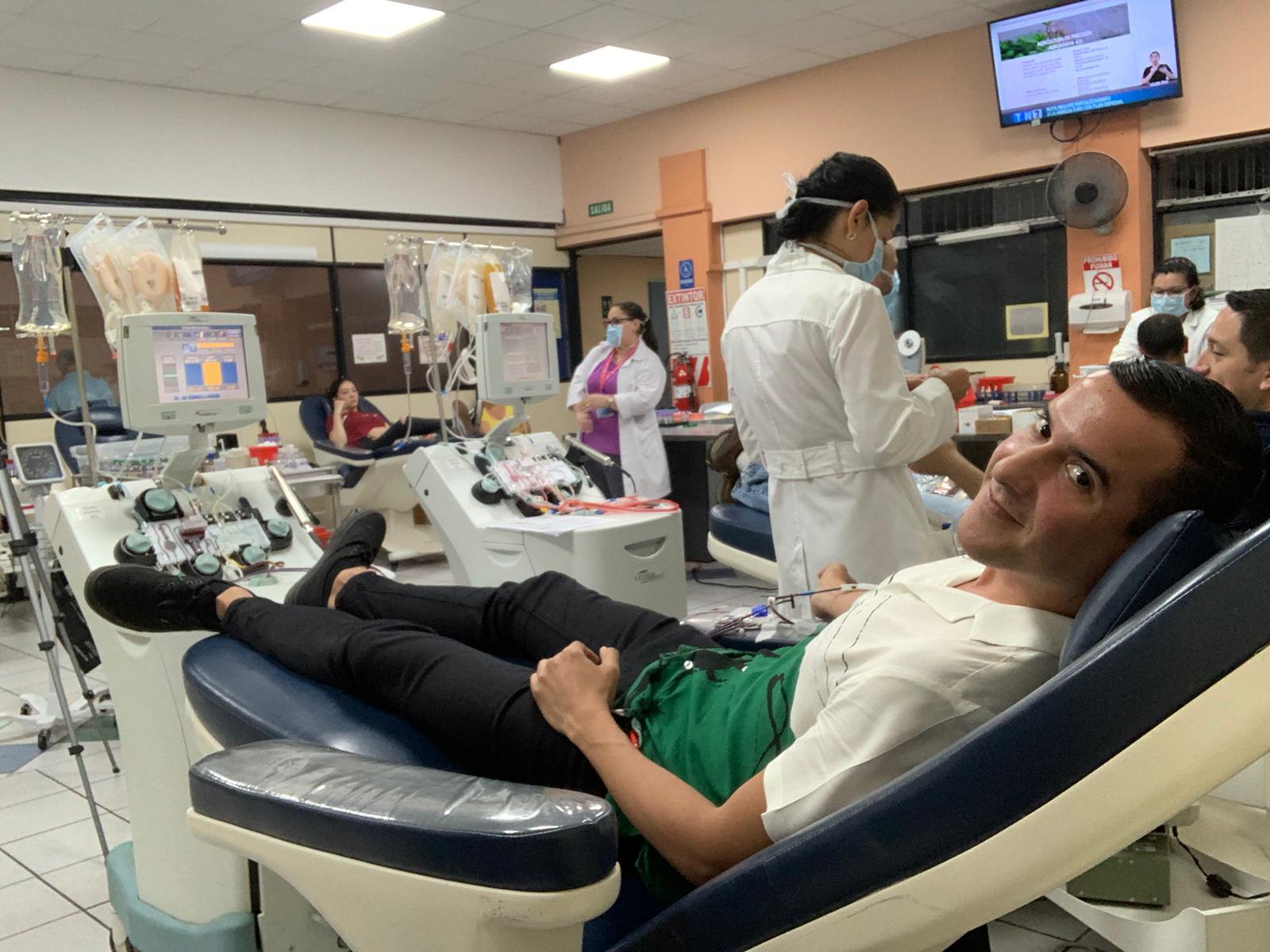
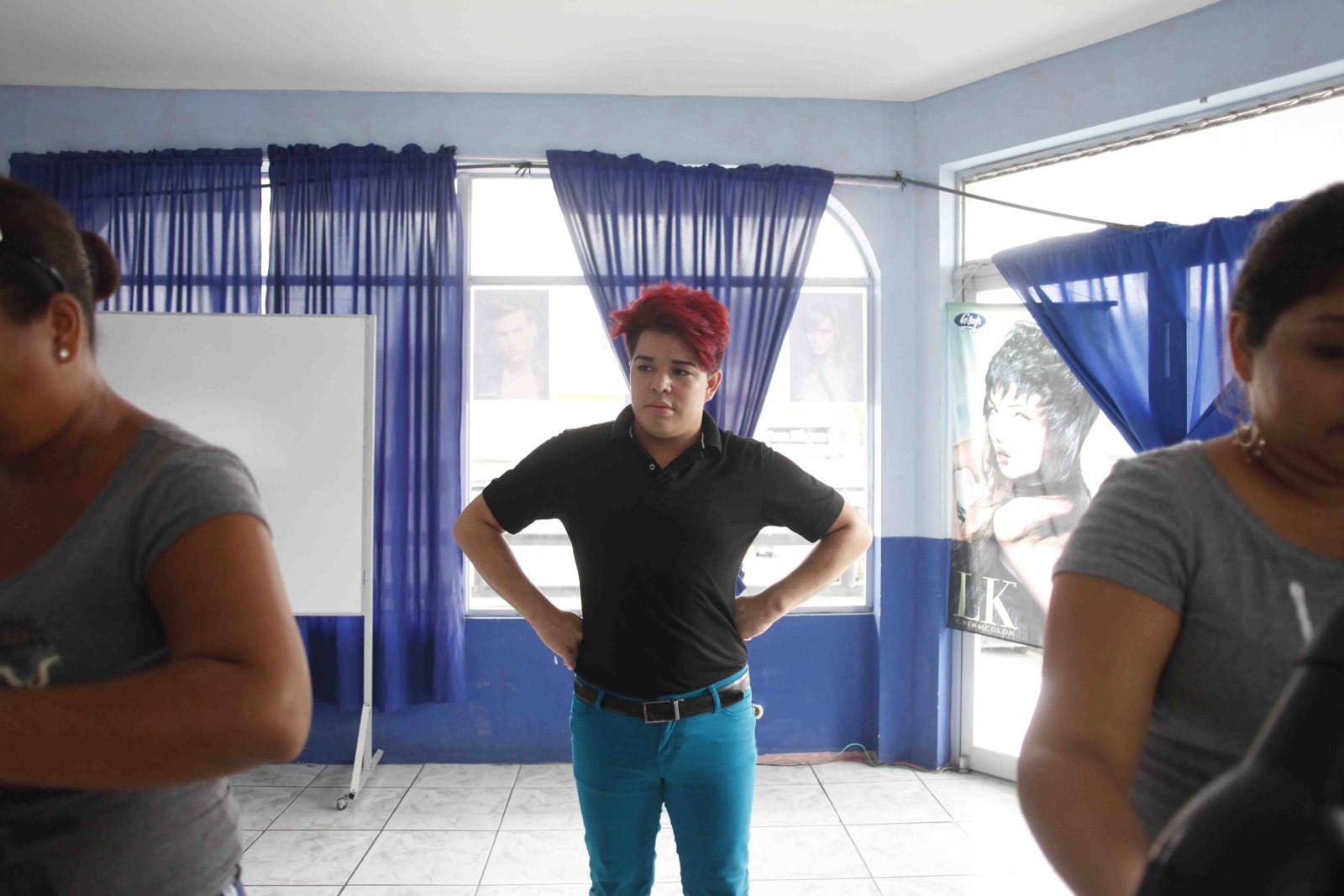
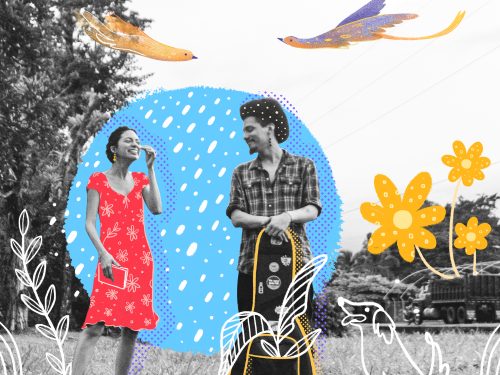
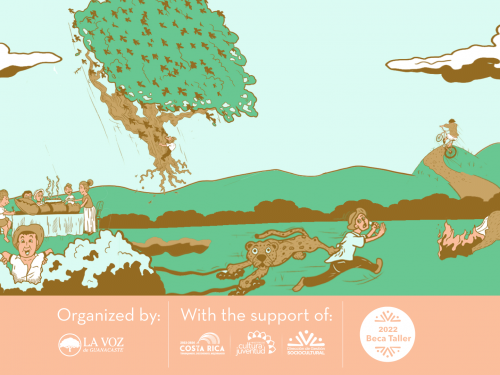

Comments